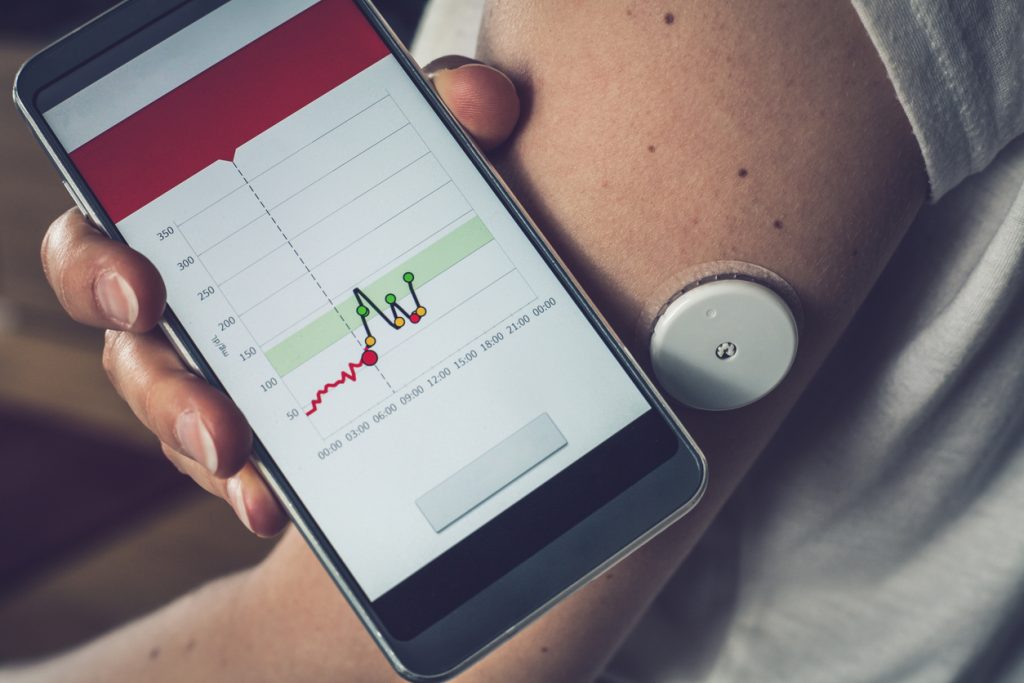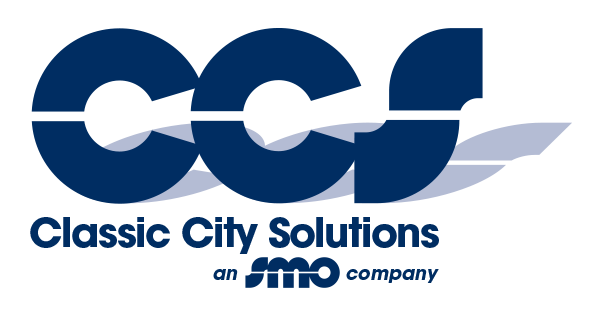
Empowering Health with Smart Home Monitoring Solutions
In an era where technology continues to reshape our daily lives, Smart Home Health Monitoring emerges as a transformative force in healthcare. This innovative approach leverages advanced technologies to monitor and manage health conditions within the comfort of one’s home. Let’s explore how Smart Home Health Monitoring is revolutionizing the healthcare landscape.
1. Continuous Remote Monitoring
Smart Home Health Monitoring enables continuous, real-time monitoring of vital health metrics. Wearable devices and smart sensors track parameters such as heart rate, blood pressure, and glucose levels. This continuous data collection provides a comprehensive view of an individual’s health status, allowing for early detection of anomalies and timely intervention.
2. Personalized Health Insights
The beauty of Smart Home Health Monitoring lies in its ability to generate personalized health insights. Artificial intelligence algorithms analyze the collected data to create individualized health profiles. This not only facilitates better disease management but also empowers individuals to make informed decisions about their lifestyle and well-being.
3. Enhanced Chronic Disease Management
For individuals with chronic conditions, Smart Home Health Monitoring offers a game-changing solution. Patients can receive personalized care plans, medication reminders, and lifestyle recommendations based on their real-time health data. This approach not only improves the quality of care but also reduces the burden on healthcare facilities.
4. Early Detection and Prevention
The real-time nature of Smart Home Health Monitoring allows for early detection of health issues. By identifying subtle changes in health metrics, the system can alert healthcare providers and individuals about potential health risks. This proactive approach to healthcare promotes early intervention, leading to better outcomes and reduced healthcare costs.
5. Improved Patient Engagement
Smart Home Health Monitoring fosters greater patient engagement in healthcare management. Individuals become active participants in their well-being, taking charge of their health through regular monitoring and adherence to personalized care plans. This shift towards patient-centered care enhances overall health outcomes.
6. Remote Consultations and Telehealth
The integration of Smart Home Health Monitoring with telehealth services enables remote consultations between patients and healthcare professionals. This not only enhances accessibility to healthcare but also minimizes the need for in-person visits, especially for routine check-ups and follow-ups.
7. Data Security and Privacy Measures
Given the sensitive nature of health data, robust security measures are crucial. Smart Home Health Monitoring systems prioritize data security and privacy, employing encryption protocols and stringent access controls to safeguard personal health information.
8. User-Friendly Interfaces
To ensure widespread adoption, Smart Home Health Monitoring systems feature user-friendly interfaces. Intuitive apps and devices make it easy for individuals of all ages to monitor their health without the need for extensive technical knowledge.
9. Scalability and Integration with Healthcare Ecosystems
Smart Home Health Monitoring is designed to seamlessly integrate with existing healthcare ecosystems. This scalability ensures compatibility with electronic health records, facilitating smoother communication between patients, healthcare providers, and other stakeholders.
10. Future Outlook and Reltix Solutions
As we envision the future of healthcare, Smart Home Health Monitoring stands at the forefront of transformative innovations. Reltix, a pioneer in healthcare technology, offers cutting-edge solutions to propel this evolution. Explore the possibilities of Smart Home Health Monitoring with Reltix here, unlocking a new era of proactive and personalized healthcare.
In conclusion, Smart Home Health Monitoring represents a paradigm shift in healthcare delivery. With its focus on continuous monitoring, personalized insights, and proactive care, this technology empowers individuals to take control of their health while enhancing the efficiency and effectiveness of healthcare systems.










